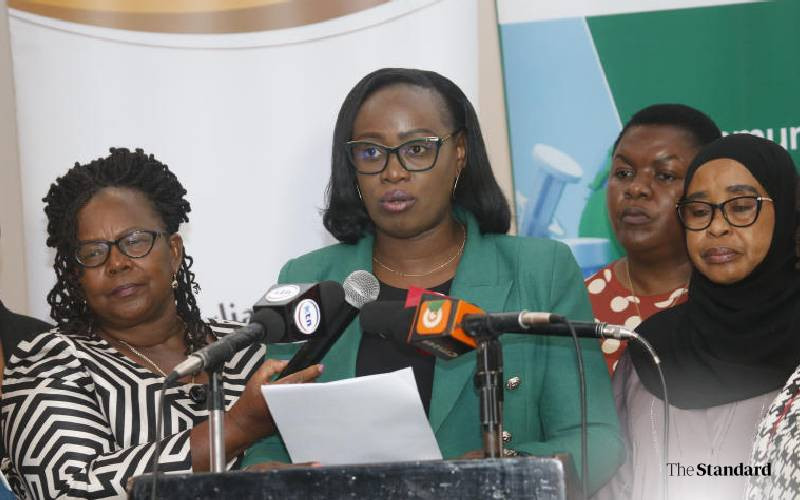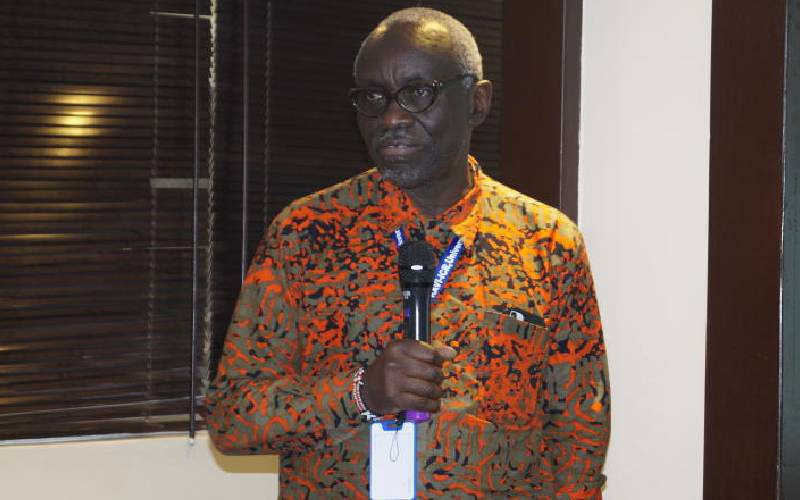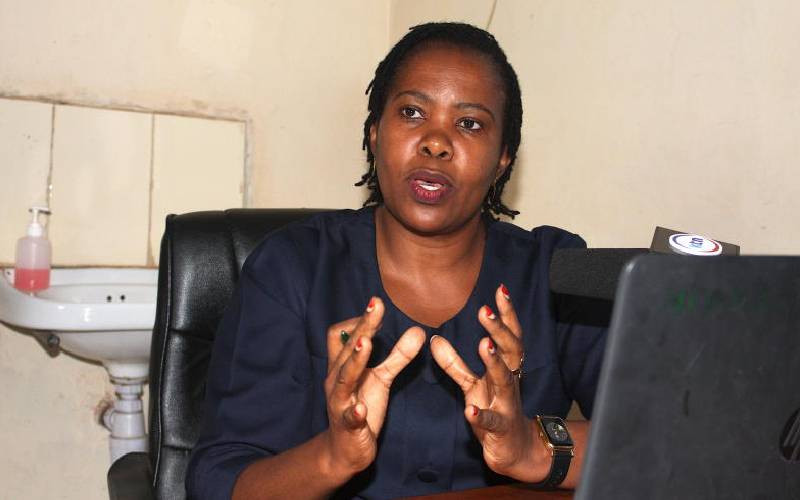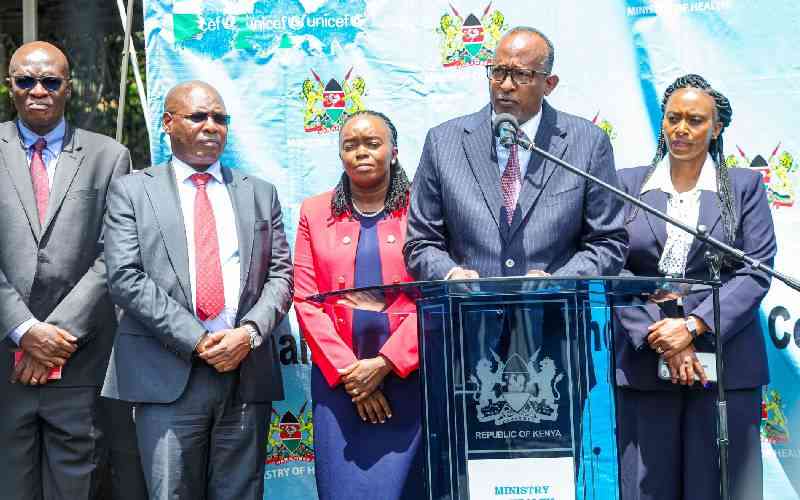
The World Health Organization on Wednesday held a meeting of experts to decide whether the mpox surge in Africa should be declared a global public health emergency.
The gathering of 16 international figures comes after the African Union's health watchdog declared its own public health emergency over the growing outbreak.
Mpox has swept through the Democratic Republic of Congo, where the virus formerly called monkeypox was first discovered in humans in 1970, and spread to other countries.
WHO chief Tedros Adhanom Ghebreyesus said the more than 14,000 cases and 524 deaths reported so far this year in DR Congo has already exceeded last year's total.
"The emergence last year and rapid spread of clade 1b in DRC, which appears to be spreading mainly through sexual networks, and its detection in countries neighbouring DRC is especially concerning, and one of the main reasons for my decision to convene this emergency committee," he said in opening the meeting.
Keep Reading
- No new mpox cases confirmed since July 22, Health ministry says
- Kenya confirms one Mpox case, steps up surveillance at border
- Africa Mpox resurgence fuels alarm
- WHO calls emergency committee on mpox spread
"In the past month, about 90 cases of clade 1b have been reported in four countries neighbouring the DRC that have not reported mpox before: Burundi, Kenya, Rwanda and Uganda.
"But we are not dealing with one outbreak of one clade: we are dealing with several outbreaks of different clades in different countries with different modes of transmission and different levels of risk," Tedros said.
PHEIC status
The committee will advise Tedros on whether the outbreak represents a public health emergency of international concern (PHEIC) -- the highest alarm the WHO can sound.
A PHEIC declaration then triggers emergency responses in countries worldwide under the legally binding International Health Regulations.
If declared, it would be the second PHEIC in succession on mpox -- albeit one focused on a different, and more deadly, strain of the virus.
In May 2022, mpox infections surged worldwide, mostly affecting gay and bisexual men, due to the Clade 2b subclade.
The WHO declared a public health emergency which lasted from July 2022 to May 2023. The outbreak, which has now largely subsided, caused some 140 deaths out of around 90,000 cases.
The clade 1b subclade, which has been surging in the DRC since September 2023, causes more severe disease than clade 2b, with a higher fatality rate.
Mpox is an infectious disease caused by a virus transmitted to humans by infected animals but can also be passed from human to human through close physical contact.
The disease causes fever, muscular aches and large boil-like skin lesions.
Two vaccines for mpox are recommended by WHO immunisation experts.
A PHEIC has only been declared seven times since 2009: over H1N1 swine flu, poliovirus, Ebola, Zika virus, Ebola again, Covid-19 and mpox.
Preparation and resources
Marion Koopmans, director of the Pandemic and Disaster Management Centre at Erasmus University Rotterdam, said a PHEIC "raises the level of alert, globally, and may allow WHO to access funds for emergency response".
However, "the same priorities remain: investing in diagnostic capacity, public health response, treatment support and vaccination", she said, warning that this would be a challenge as the DRC and its neighbours are lacking resources.
And at a global level, "despite having the resources and basic public health capacity in place, the international outbreak that started in 2022 was not contained".
The Red Cross said it was scaling up preparedness measures across Africa, notably in the heavily affected eastern DRC.
The International Federation of the Red Cross and Red Crescent Societies voiced "profound concern" over the spread of the virus.
"This new variant is affecting a wide range of demographics, with ongoing community transmission occurring without zoonotic exposure, unlike the previous outbreaks in 2022 and 2023," the IFRC said.
With its broad network, the IFRC said it was prepared to "play a crucial role in containing the spread of the disease, even in the hard-to-reach areas where the need is the greatest".





